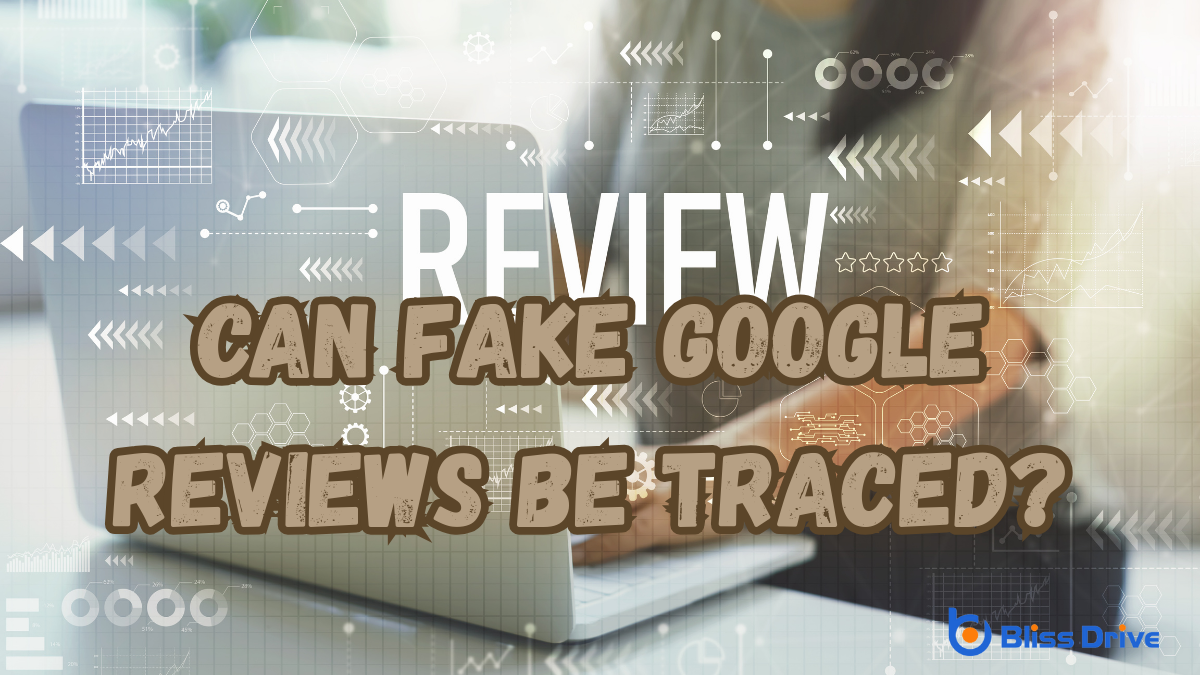Digital Marketing Services
Learn More About Us

I've often wondered about the elusive nature of fake Google reviews and whether they can actually be traced. While the anonymity of the internet provides a veil for many reviewers, technology has made strides in identifying suspicious activity. Yet, the sheer volume and complexity of online reviews present significant hurdles. I'm curious—what methods do companies employ to tackle this issue, and what does the future hold for authenticating reviews?
When it comes to identifying fake reviews, understanding their nature is essential. I’ve realized that fake reviews often manipulate opinions and skew perceptions. They’re crafted to deceive, whether to inflate a product’s reputation or to unfairly tarnish it.
These reviews tend to use generic language, lack specific details, and are overly positive or negative without substantiation. I've noticed that they might repeat phrases or keywordsWords or phrases that users type into search engines to find information. excessively.
Patterns like sudden spikes in reviews or multiple reviews from accounts created simultaneously can also hint at inauthenticity. It’s vital to approach reviews with a critical eye, recognizing that not every glowing or damning review is genuine.

Although technology mightn't eliminate fake reviews entirely, it plays an essential role in identifying them.
I've found that advanced algorithms can analyze patterns, such as repetitive language or review frequency, to flag suspicious activities. Machine learning models continuously improve by learning from vast datasets, getting better at distinguishing between genuine and fraudulent reviews.
Moreover, technology enables the tracking of digital footprints, like IP addresses and device information, which can be critical in spotting reviews from dubious sources.
Natural language processing (NLP)A field of AI that gives machines the ability to read, understand, and derive meaning from human lan... tools help detect unusual sentiment shifts, indicating potential deceit.
Tracing the origins of fake reviews presents a formidable challenge, primarily due to the anonymity afforded by the internet. When someone posts a review, they can hide behind aliases, VPNs, or disposable email addresses, making it difficult to pinpoint their true identity.
I find the sheer volume of online reviews overwhelming, and sorting through them to separate genuine feedback from deceitful commentary is no small feat. Companies often lack the resources or expertise to track these elusive digital footprints.
Even when suspicious patterns emerge, pursuing them involves maneuvering through legal and privacy concerns, complicating the process further. Understanding these challenges can help us appreciate why fake reviews continue to thrive and why tackling them requires persistent effort and vigilance.
Given the challenges in tracing the origins of fake reviews, businesses need effective strategies to combat them. Here’s what I’d recommend:

As technology evolves, the future of review authentication and accountability holds promise for more reliable solutions.
I envision a world where artificial intelligence and blockchain technology transform how we validate reviews. Imagine AI algorithms that can detect patterns of fake reviews, learning from vast amounts of data to improve accuracy. This could be a game-changer in ensuring reviews are genuine.
Blockchain adds another exciting layer, offering a transparent and tamper-proof way to record reviews. It could hold users accountable, making it harder to manipulate the system.
I believe these technologies won't only help businesses protect their reputations but also empower consumers to trust the reviews they read. It’s a future I’m enthusiastic to see unfold.
As someone who's navigated the tricky waters of online reviews, I've seen how tough it can be to trace fake ones. While technology helps, the sheer volume and anonymity make it a challenge. But don't lose hope! Businesses can adopt strategies to combat these deceitful tactics. As we look to the future, advancements in review authentication promise better accountability. Let's keep pushing for transparency, so we can trust the feedback we rely on every day.
